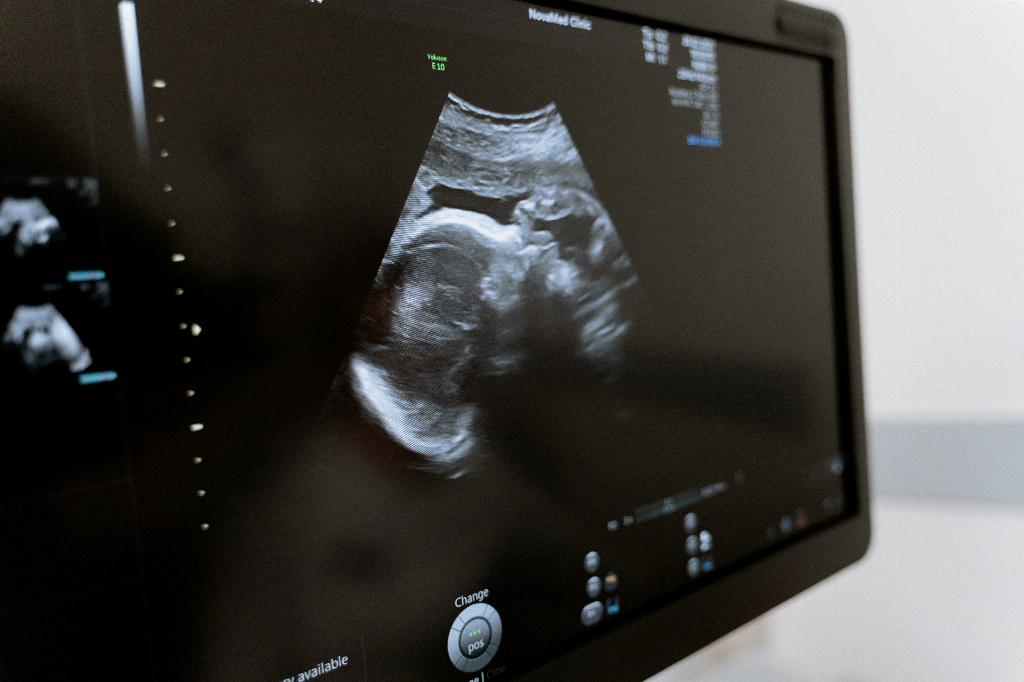After pregnancy, many new mothers explore natural remedies to help with various aspects of postpartum recovery and breastfeeding. One commonly discussed herb is fenugreek. The question of whether fenugreek is safe to consume after pregnancy is a topic of interest for many women looking for ways to boost milk supply and support their overall well-being during this crucial period.
Research on the safety of fenugreek after pregnancy shows promising results. A study conducted in 2019 compared the effects of a herbal tea containing fenugreek seed with a control group drinking a different type of tea. The findings suggested that fenugreek, when consumed as part of an herbal blend, was well-tolerated by new mothers without causing harm to them or their babies.
One of the key concerns for mothers considering fenugreek after pregnancy is its impact on their breast milk supply. Fenugreek is known for its potential galactagogue properties, meaning it may help stimulate milk production in lactating women. While individual responses may vary, many women find fenugreek to be beneficial in supporting healthy breastfeeding.
It is essential to note that, like any supplement or herb, fenugreek should be consumed in moderation and under the guidance of a healthcare provider or lactation consultant. While fenugreek is generally regarded as safe for most women, some individuals may experience side effects such as digestive issues or allergic reactions.
When deciding whether to incorporate fenugreek into your postpartum routine, it is advisable to start with a small dosage and monitor how your body responds. Pay attention to any changes in milk supply, as well as any potential adverse effects. Consulting with a medical professional can help ensure that fenugreek is a suitable option for you.
Aside from its potential benefits for breastfeeding mothers, fenugreek is also valued for its nutrient content. Fenugreek seeds are rich in vitamins, minerals, and antioxidants that can support overall health and well-being, which can be particularly beneficial during the postpartum period when the body requires additional nourishment.
For women who are considering using fenugreek after pregnancy, it is important to source high-quality products from reputable suppliers. Ensuring the purity and potency of the fenugreek supplement you choose can help minimize the risk of contamination or unwanted additives that could potentially harm you or your baby.
While fenugreek is generally recognized as safe for most women after pregnancy, there are certain situations in which its use may not be recommended. If you have a history of certain medical conditions or are taking medications that could interact with fenugreek, it is crucial to consult with a healthcare provider before adding fenugreek to your regimen.
In conclusion, fenugreek can be a safe and beneficial herb for new mothers seeking natural ways to support their health and breastfeeding journey after pregnancy. When used responsibly and in consultation with a healthcare professional, fenugreek has the potential to offer various advantages, from promoting lactation to providing essential nutrients for postpartum recovery.
Remember that every woman’s body is unique, and what works well for one individual may not have the same effect on another. As with any dietary supplement, it is essential to listen to your body, stay informed, and prioritize your health and well-being as you navigate the challenges and joys of the postpartum period.

